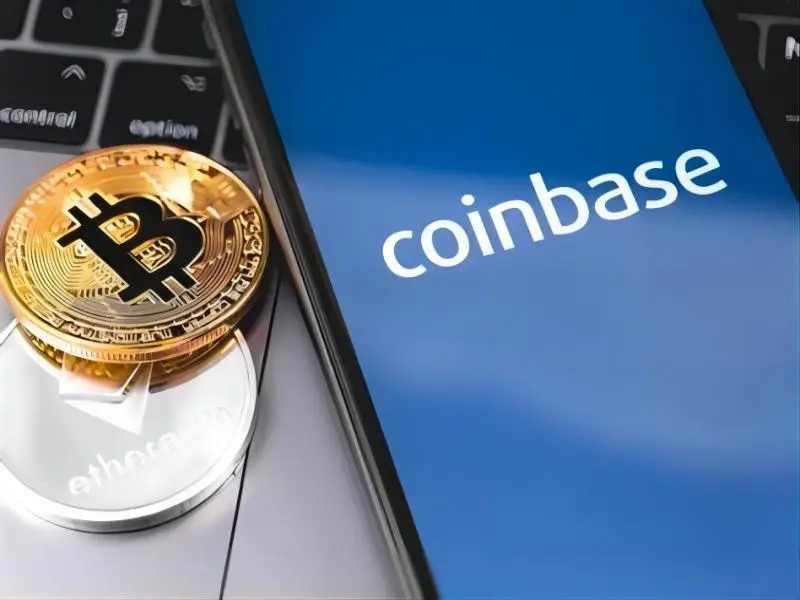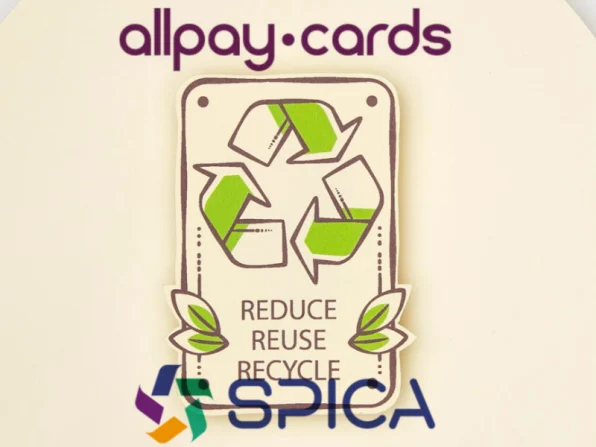- Coinbase is a centralised cryptocurrency exchange, meaning it operates on a centralised infrastructure run by a single entity. As a centralised exchange, Coinbase provides a user-friendly interface for buying, selling, and trading over 240 listed cryptocurrencies.
- Coinbase has an excellent range of security features, and we would advise using as many of them as possible. Coinbase vault is a popular cold storage feature to protect your digital assets.
- No platform can guarantee absolute security. Users must remain vigilant and follow best practices to minimise potential risks.
Founded by Brian Armstrong and Fred Ehrsam in 2012, Coinbase is a reputable, established crypto exchange that enables users to trade, invest and exchange more than 240 different cryptocurrencies like Bitcoin (BTC), Ethereum (ETH), and Dogecoin (DOGE).
As the popularity of cryptocurrencies continues to soar, so does the need for secure and reliable platforms to store and manage these digital assets. Coinbase, one of the most recognised names in the crypto space, is often the first port of call for many investors. But is Coinbase a safe place to store your cryptocurrency? In this blog post, we’ll explore the security features of Coinbase, Coinbase Vault and some best practices for users to ensure the safety of their digital assets.
Coinbase’s security measures
Cold storage: Coinbase uses cold storage wallets to mitigate the risk of theft from online hacking attempts. The platform also maintains a dedicated security team tasked with monitoring the platform for potential threats and implementing security measures to mitigate risks effectively.
Two-factor authentication (2FA): Coinbase users enable two-factor authentication (2FA), which requires a second verification step, such as a text message or an authentication app, before they can access their account.
Biometric authentication: Coinbase enables user biometric authentication on its mobile app, such as fingerprint or face recognition.
SSL encryption: Coinbase uses SSL (Secure Sockets Layer) encryption to secure all website traffic between the browser and web server. It protects users’ sensitive information by scrambling data, so it isn’t easy for hackers to intercept.
Offline storage: Most users’ funds on Coinbase are held in offline storage, also known as cold storage, to protect against potential hacking attacks.
Insurance protection: Coinbase has insurance protection for all eligible cryptocurrency holdings, including digital currency in the Coinbase vault (see below), to protect against theft and hacking.
Account activity monitoring: Coinbase monitors account activity for suspicious behaviour and alerts users if any unusual activity is detected.
Whitelisting: Users can set up a whitelist of approved addresses to ensure that withdrawals get sent to trusted addresses.
Also read: What is open banking? A short guide
Coinbase vault
Another great feature offered by Coinbase is its “vault” option. A Coinbase vault can receive deposits just like a regular wallet but uses additional security steps to stop crypto from being immediately withdrawn and stored elsewhere.
Every transaction can be co-signed by both the user and a chosen trusted individual, and each withdrawal must be approved before going through. If the withdrawal is not approved, it will be cancelled within 24 hours. Vaults are available to all Coinbase users, regardless of whether they’re using a standard or professional account, and it’s easy to set one up.
Coinbase has an excellent track record, but it did have a security incident in 2021. Hackers exploited a vulnerability in its SMS account recovery tool to steal funds from over 6,000 clients. Coinbase fixed the issue and reimbursed those clients in full.
Potential risks
Phishing emails and other attacks. Cybercriminals use phishing emails to try and steal user login credentials. In June 2023, a prominent trader reported a sophisticated phishing campaign that included a bogus email, which appeared to be from a legitimate Coinbase account.
Data breaches that leak your personal information. Signing up for a Coinbase account requires submitting a photo of your ID and other sensitive information. If this gets leaked, you could be at serious risk of identity theft.
Vulnerabilities from third-party services. Using third-party sites or apps linked to your Coinbase account can introduce security risks if those services are compromised. In 2022, a group of 96 scam victims filed a lawsuit against Coinbase after they were duped by scammers they met on social media, dating apps, or via wrong-number texts.
Crypto investment scams. Many crypto scammers build romantic relationships with targets before convincing them to invest in fraudulent platforms. A retiree named “Frank” lost $22,000 when he fell for a pig butchering scam — a prolonged scheme in which crooks coerce victims into investing vast amounts before draining their wallets.
Also read: Who is Marissa Mayer? The Sunshine CEO was Google’s first female engineer before focusing on AI
Best practices for users
Enable 2FA: Always enable 2FA on your account to prevent unauthorised access.
Secure your email account against hackers: It’s equally important to protect the email address associated with your Coinbase account. If threat actors gain control of your email address, they can send themselves a password reset request for your Coinbase account. Be aware of phishing: Be cautious of unsolicited emails and messages claiming to be from Coinbase. Always verify the source before clicking on any links.
Keep an eye on your Coinbase activity: In early 2024, a Reddit user shared his experience dealing with a Coinbase scam. His account was hacked, and the attackers withdrew and transferred his crypto to newly added bank accounts. Thankfully, his quick response made it possible to recover his funds. If you aren’t closely monitoring your Coinbase account, thieves can steal your money and then vanish.
Coinbase is registered with FinCEN (Financial Crimes Enforcement Network) as a money services business. It has a KYC policy (know your customer: mandatory verification) to prevent fraudulent activity and complies with anti-money laundering (AML) regulations. Even though Coinbase is considered one of the safest exchanges in the industry, it’s important to do your research and consider your risk tolerance before deciding to store your cryptocurrency on any platform.









